

Oman has launched major projects to reinforce its leading role in the oil and gas sector both in the international and regional arena.
The majority state-owned Petroleum Development Oman (PDO) and Oman LNG have been in the forefront of Oman's oil, gas and LNG push.
The PDO has relinquished a 10 per cent stake in Block 6 located in south and central Oman to open the area for exploration, a spokesman for PDO said.
The 10 per cent consists of two separate strips of land of roughly 11,000 sq km in the 114,000 sq km block, the spokesman said.
In late April, PDO announced that it planned to hand over the 10 per cent stake, paving the way for further exploration efforts.
The government is now expected to offer the 10 per cent to multinational oil companies through a new licensing round.
The relinquishment would not have an impact on PDO's output after failing to discover crude in the block's sections.
'PDO has explored but we have found nothing of interest,' the spokesman said. 'There is not enough interest in the block.'
But the government aims to find crude in Block 6 as part of broader effort to stem the decline in the country's output.
Oman's production in June rose to 785,000 bpd, up by more than 21,000 bpd over the May average on higher condensate output.
Oman's oil production has been in decline in recent years. Output in the first four months of 2005 was down on an annual basis.
Oman's crude production dropped 1.6 per cent to 772,610 barrels per day (bpd) for the first four months of 2005, down from 785,500 bpd for the same 2004 period, Oman's economy and finance ministry said in its monthly economic report issued in late June.
Oman's total oil output has dropped from 972,000 bpd in 2000 to the current levels. Despite the declining output, PDO expects to hit its 2005 output average target of 635,000 bpd, the spokesman said.
'It will admittedly be difficult,' he said. PDO's crude output had been down since the beginning of the year due to poor weather conditions, which caused electricity outages and a reduction in production.
'Weather problems could cause setbacks,' the spokesman said. 'But we are still shooting for our target.'
Earlier, Occidental Petroleum and Mubadala Development Co of the UAE have signed a heads of agreement with the Oman government to take over Shell's stake in the Mukhaizna oilfield under a new production sharing deal, the official Oman News Agency and Mubadala said.
'The current production of the field is approximately 10,000 barrels per day. Oxy, Liwa and their partners in the project expect to invest over $2 billion to implement a large-scale steamflood to increase production from the field to 150,000 barrels per day within the next few years,' Mubadala said.
Mubadala is participating in the project through subsidiary Liwa Energy.
The Mukhaizna field is in the Block 6 concession of Petroleum Development Oman, a consortium of the Oman government (60 per cent), Shell (34 per cent), Total (four per cent), and Partex (two per cent). Block 6 has exploration acreage of 114,000 sq km. PDO holds 90 per cent of the country's oil reserves and accounts for about 94 per cent of production.
The Mukhaizna field was discovered in 1975, but its development has been limited by high costs associated with the heavy nature of the crude.
Shell had planned to use enhanced recovery techniques to raise production there to a targeted 80,000-100,000 bpd in a development plan which called for drilling 2,400 wells.
Oil and gas ministry officials said Oxy would fast-track the development of the field.
Meanwhile, Oman's Qalhat LNG has signed a $688-million loan deal with 13 local and international banks to finance a third LNG liquefaction train, the official takes news agency reported.
The agency said the Omani ministers of economy and oil, the chairman of Qalhat LNG and representatives of the 13 banks signed the deal in Muscat.
The banks include Royal Bank of Scotland, Bahrain's Gulf International Bank, ING Bank , Japan's Mizuho Corporate Bank, France's Societe Generale and Saudi-based Arab Petroleum Investment Corp (Apicorp).
Once completed, the new train is expected to raise output at the plant in the eastern coastal town of Qalhat by 50 percent to 9.9 million tonnes. Oman LNG is already producing 6.6 million tonnes per year from two trains.
Economy Minister Ahmad bin Abdul-Nabi Mekki said production from the third train would be shipped to Spain and Japan in 2006.
Qalhat LNG was set up in 2003 after the state decided to build the third LNG train. Oman's government owns 55.84 per cent of the firm, Oman LNG holds 36.80 and Spain's power utility Union Fenosa owns the rest.
Oman has long-term supply contracts with Indian and Japanese firms. The sultanate has signed short-term agreements with US firms Enron, Coral Energy, the gas marketing arm of Royal Dutch/Shell Group and Spain's Enagas.
In another development, the Oman Oil Refinery Company has received a loan valued at $140 million from the Gulf International Bank and a group of local and Gulf banks.
The loan agreement was signed by Dr A'dil bin Abdul Aziz Al Kindi, Refinery Executive President and the CEOs and executive presidents of donor banks.
Al Kindi said the company will use the loan amount to finance part of the expansion projects currently being implemented.
Oman Oil Co (OOC) is planning a joint venture aromatics complex at Sohar, Oman. Interested companies include Oman Refinery Co and LG International.
It will produce 210,000 tonnes per year (tpy) of benzene and 815,000 tpy of para-xylene.
Mechanical completion is scheduled for the third quarter of 2008. The naphtha feedstocks will be imported as well as being supplied by the Sohar Refinery Co (SRC), which is building a 75,000 barrels per day refinery that is scheduled to start up in September 2006.
Oman's Sohar International Urea and Chemical Industries (SIUCI), meanwhile, has secured $431 million in Japanese export credits to help build a private fertiliser plant in the Gulf Arab state, the arranging bank said.
HSBC Holdings Plc said that Japan Bank for International Cooperation (JBIC) would provide $216 million and HSBC Tokyo would provide $215 million, with an insurance policy from Nippon Export and Investment Insurance, a Japanese export credit agency.
Oman's $1.25 billion Sohar refinery, currently under construction, is expected to be completed in April 2006, project officials said.
'Everything is on schedule and we expect to finish building it by April 2006,' Hiroshi Sawamura, construction manager of Japan's JGC Corp said.
The government in 2003 awarded the construction of the 75,000 barrels per day refiner to JGC in the northeast port city of Sohar, home to Oman's major projects, including a $2.5 billion aluminium smelter.
Oman already has a refinery in operation in the capital Muscat to meet domestic consumption.
In another development, the Omani government has signed an oil and gas exploration and production agreement with Irish Circle Oil PLC, covering Block 49 at Muqshin and Thamreet regions in Dufar province.
The size of the concession area is 15,439 sq km. Under the agreement, Circle Oil is committed to spend $22 million to carry out geological and geophysical studies, as well as a two-dimensional seismic survey during an initial three-year period.
The Irish firm will also have the right to extend the agreement span to conduct further exploration programmes and drilling of test wells. The Omani government will bear any investment risk during the exploration period.
Meanwhile, PDO said it has awarded two contracts for the engineering and maintenance of a number of oil production facilities in northern and southern Oman.
The contracts were awarded to a joint venture STS-Mott MacDonald in the North and to Parsons Arabia Industries JV in the south.
Meanwhile, construction of a $119 million gas pipeline linking Oman and the UAE has been launched. 'This gas project comes as part of Oman's strategy to better utilise our natural gas resources,' said Nasser Bin Khamis Al Gashmi, undersecretary of the Oil and Gas Ministry.
The project will minimise environmental damage and offer commercial benefits by exporting natural gas to the UAE, Al Gashmi said.
Reliance Industries, India's largest private sector company, said it has signed a deepwater oil exploration and production agreement with the government of Oman.
The pact, it said, was for exploring oil in block-18 off the Batinah coast in the Gulf of Oman, spreading across 18,000 sq km.
'Reliance will be the operator of the block with 100 per cent working interest,' the company said.
With a presence in Oman and with its other overseas projects, the company is now active right across the petroleum value chain, from upstream to refining to retailing, it said.
An $240 million agreement has been signed between Oman and two Japanese banks to finance two liquefied natural gas tankers, said officials. The deal secured financing from Japan Bank for International Cooperation (JBIC) and Mizuho United Bank for two LNG tankers, the Nizwa and the Ibri, they added.
Meanwhile, a celebration was held under the auspices of Oil and Gas Minister Mohammed Al Rumhi, to present Omani Oil Refinery Company with the ISO 9001-2000 quality management certificate, ISO 14001-1996 environment management certificate and OHSAS 18001-1999 vocational safety and health management certificate.
Spain's National Energy Commission has cleared the way for Oman Oil Co to gain a 7.5 per cent interest in the Sagunto LNG import terminal being built north of Valencia from key stakeholder Union Fenosa.
The green light was given after the energy regulator determined that the stake purchase would not significantly alter the basic ownership structure of the regasification plant, scheduled to begin operating in the first quarter of 2006.



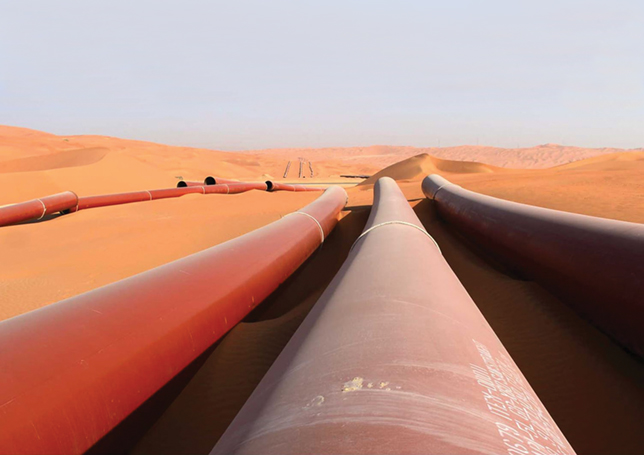







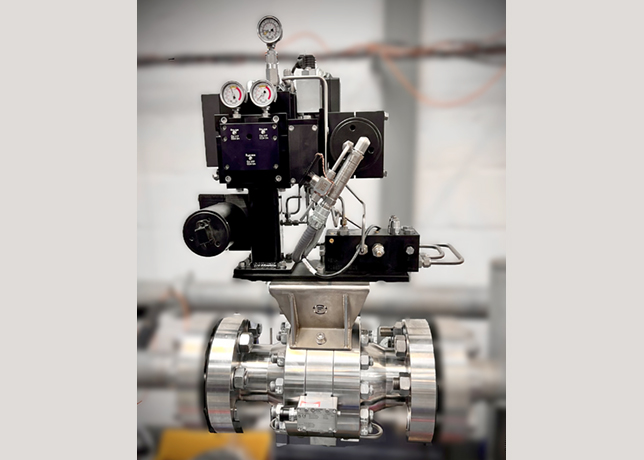
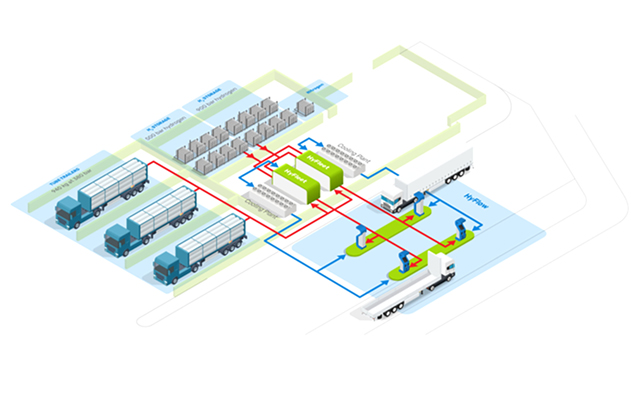
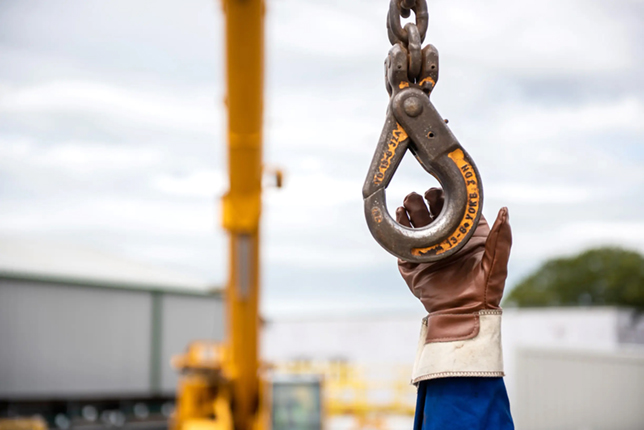
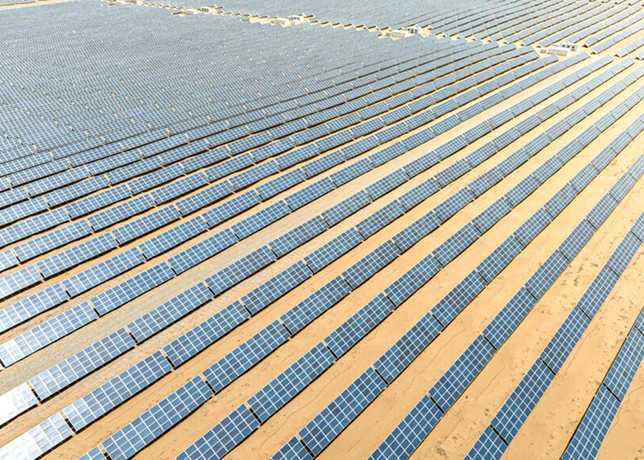

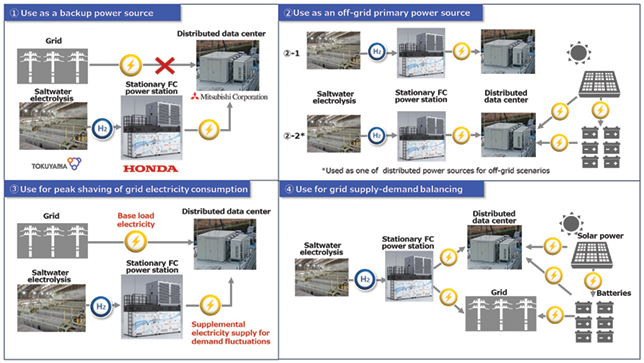


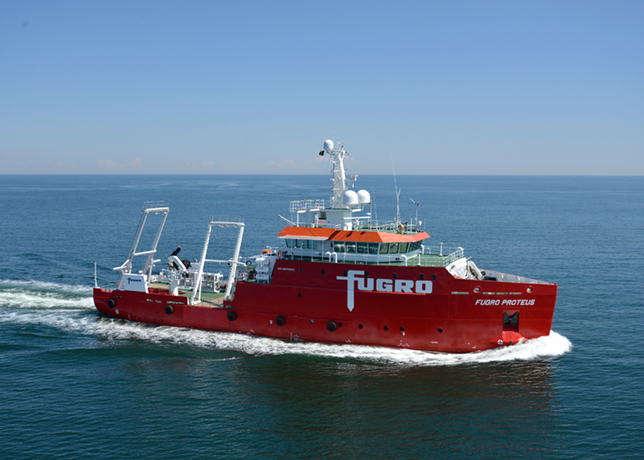


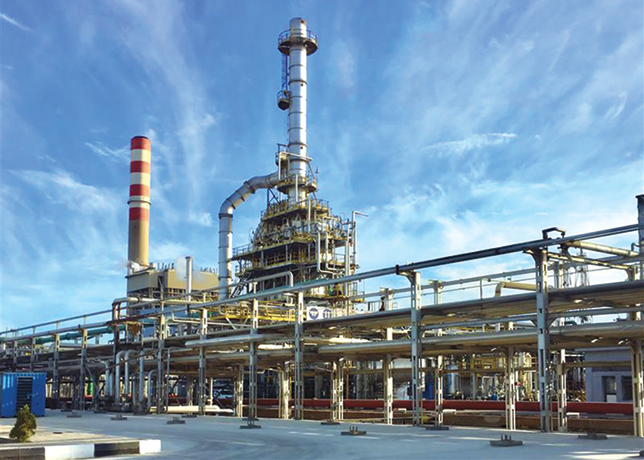
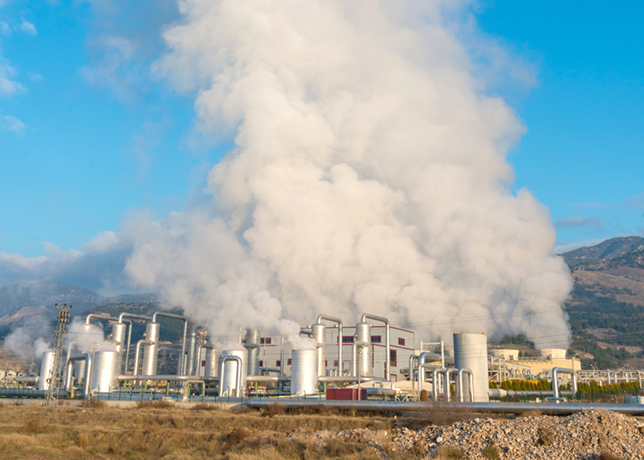
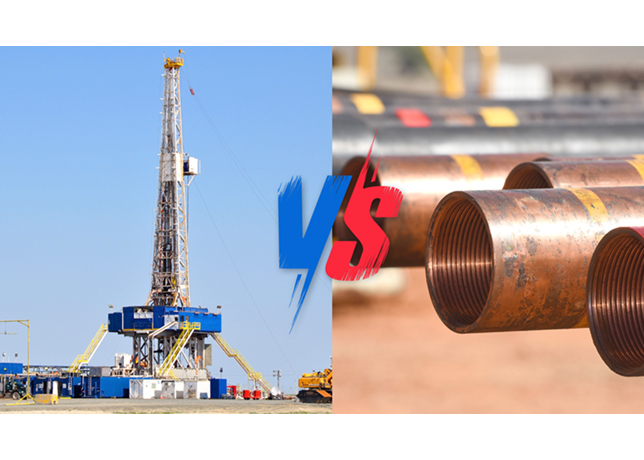
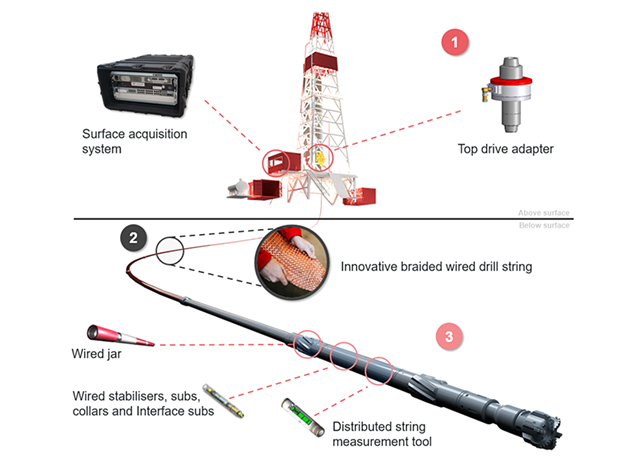

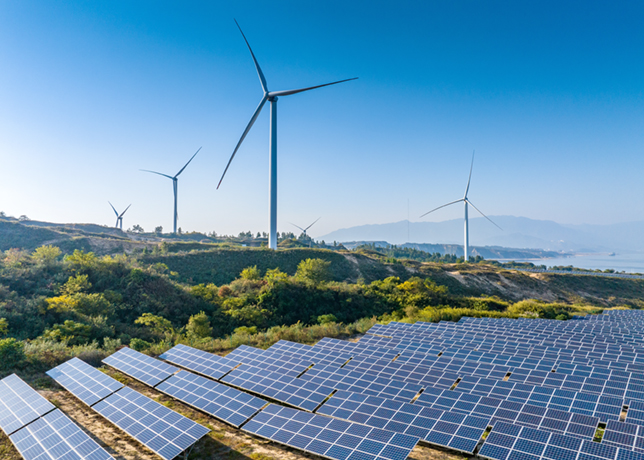




-is-one-of-the-world.jpg)
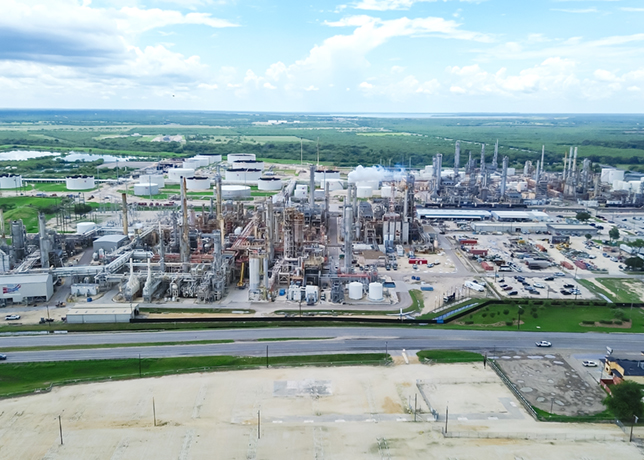
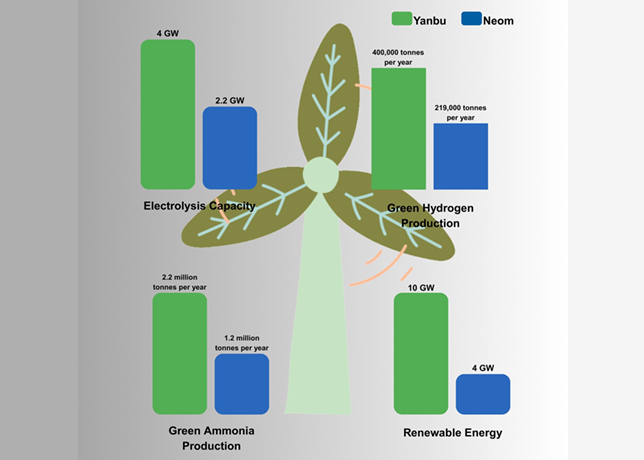

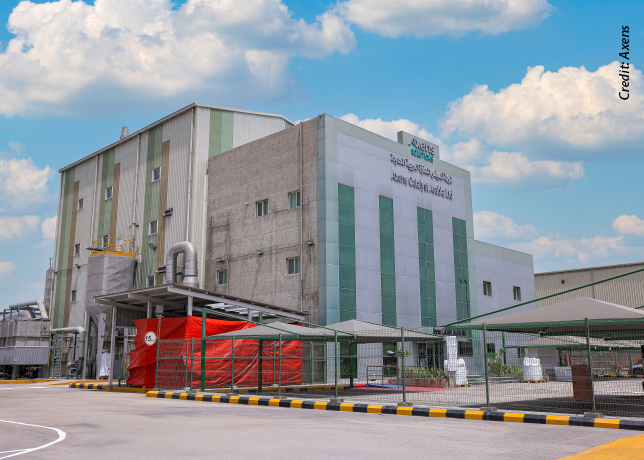

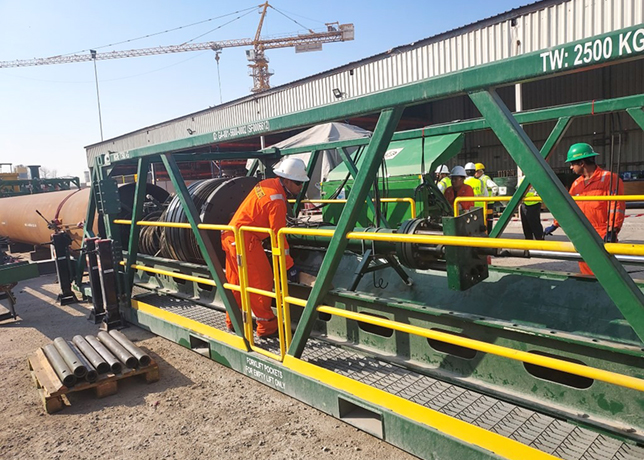
-(4)-caption-in-text.jpg)
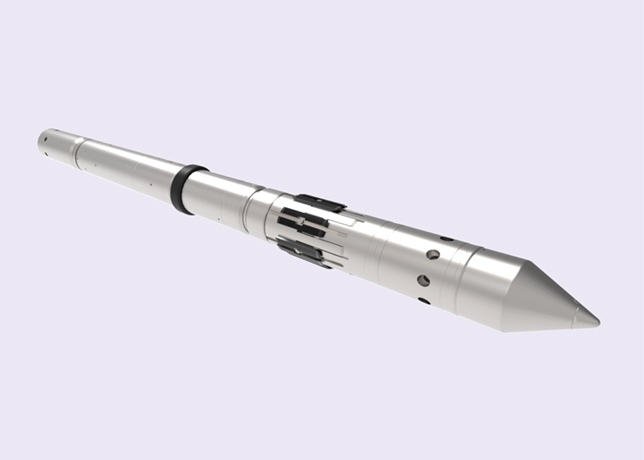
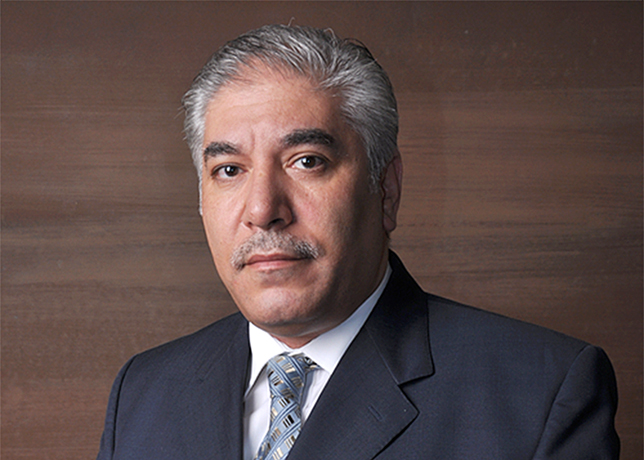


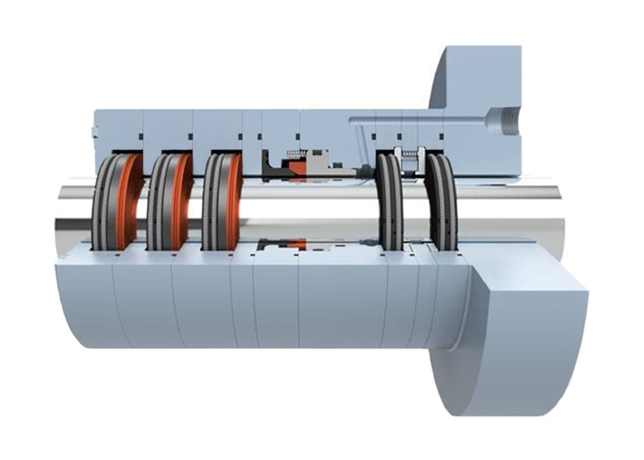

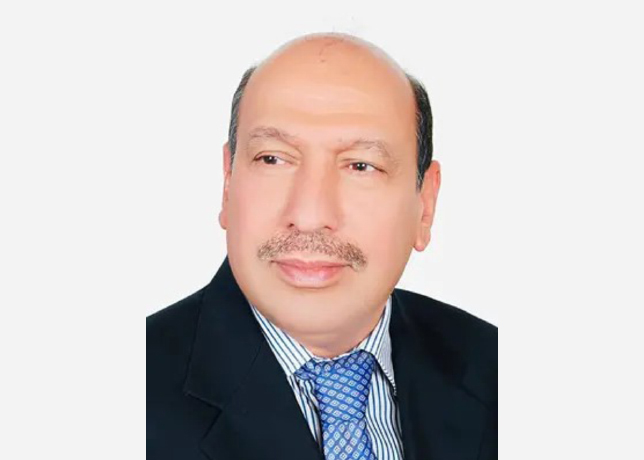
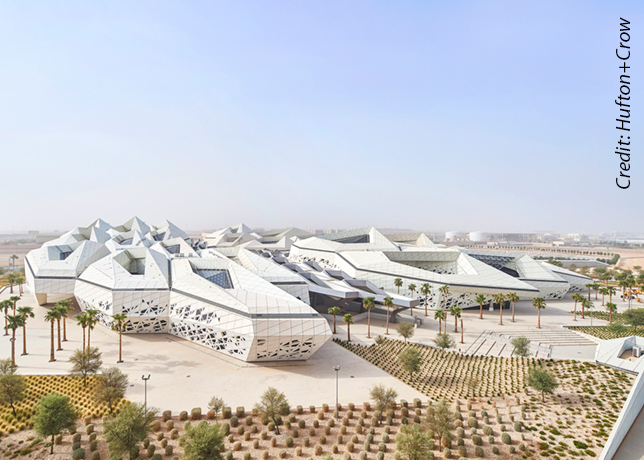
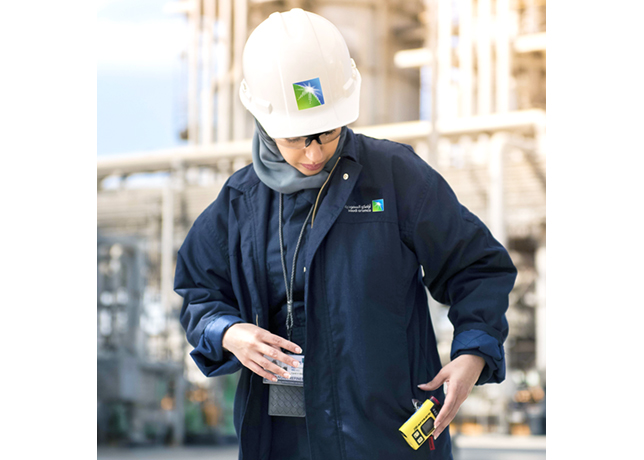

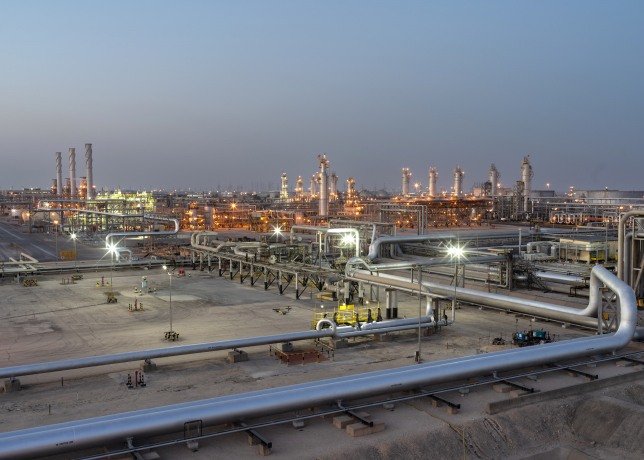
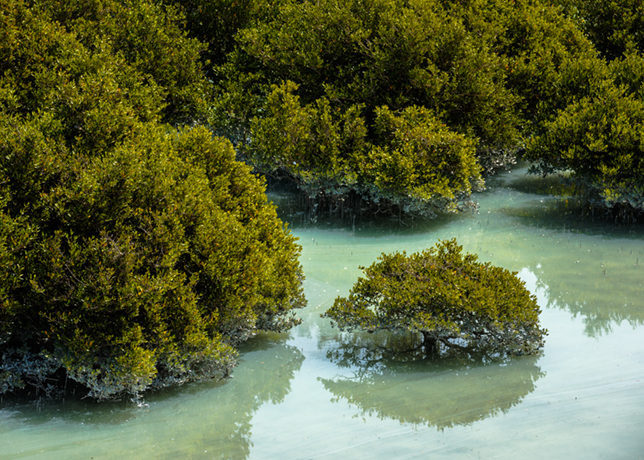
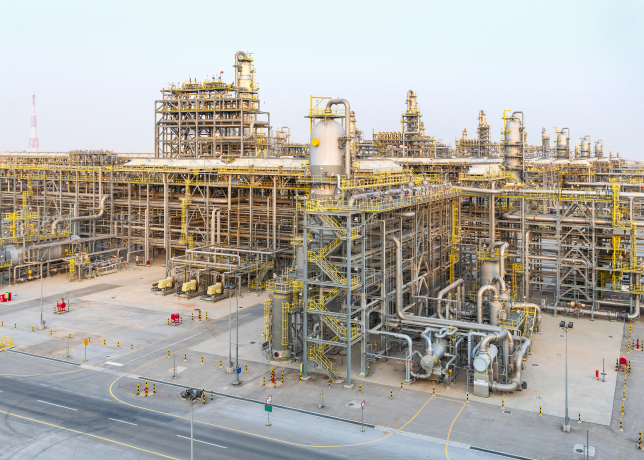
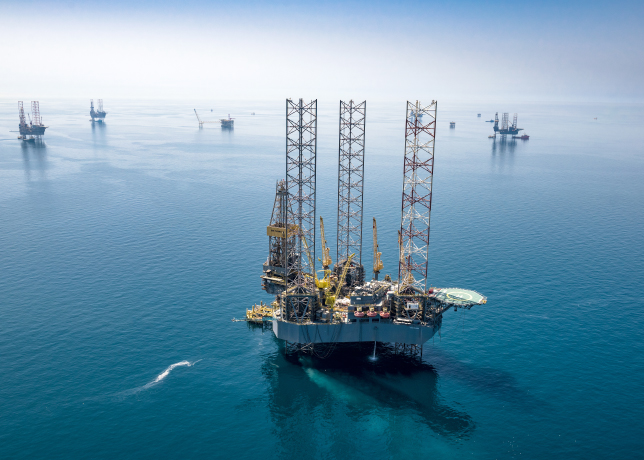

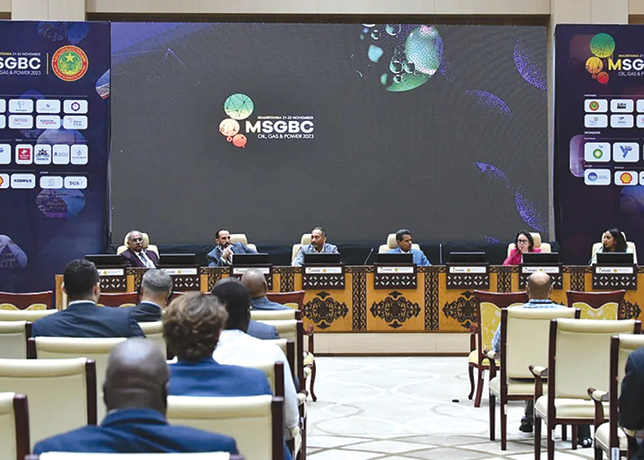
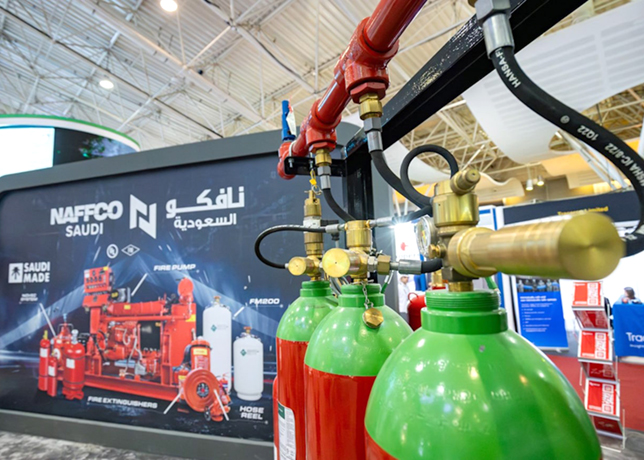
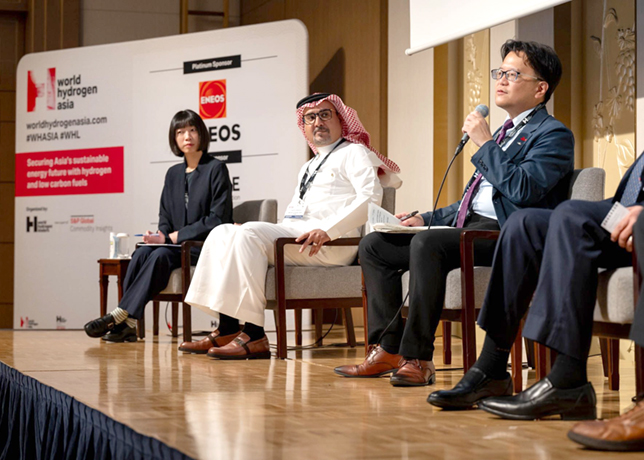
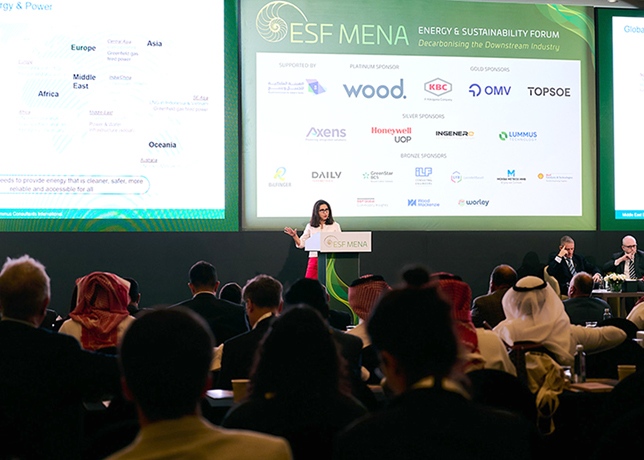
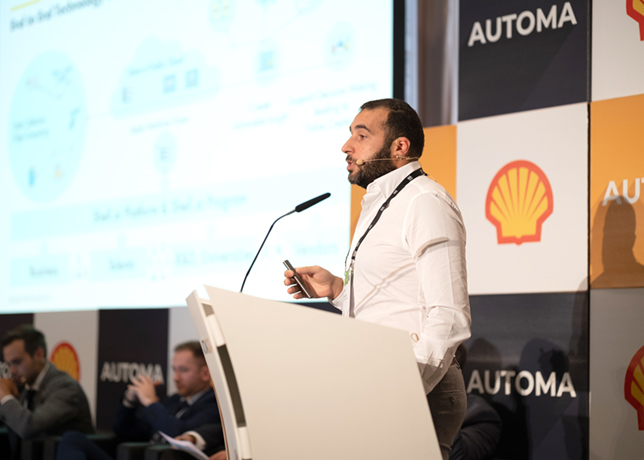

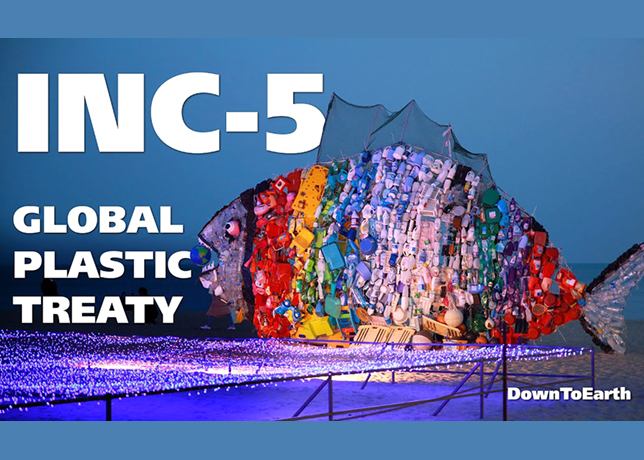
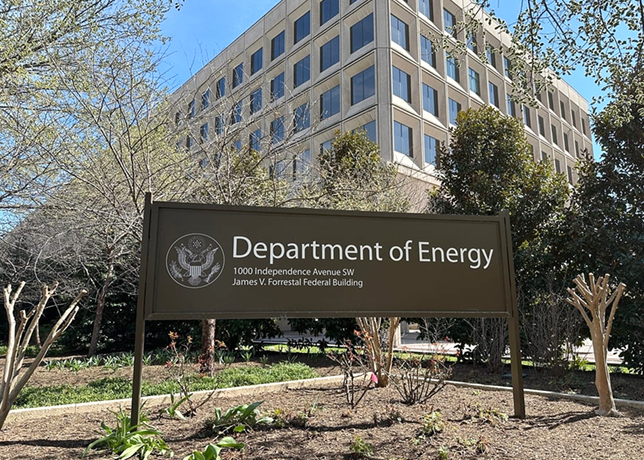


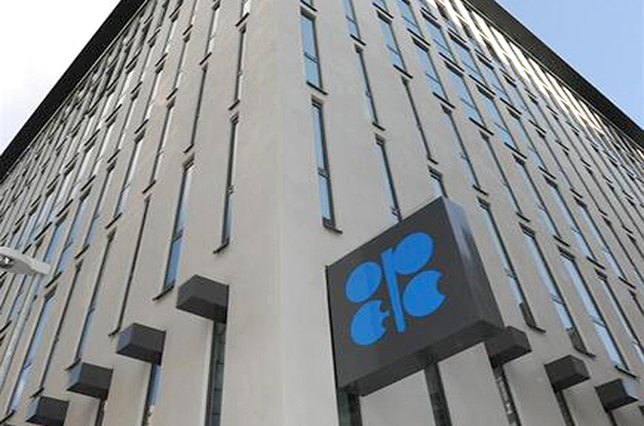

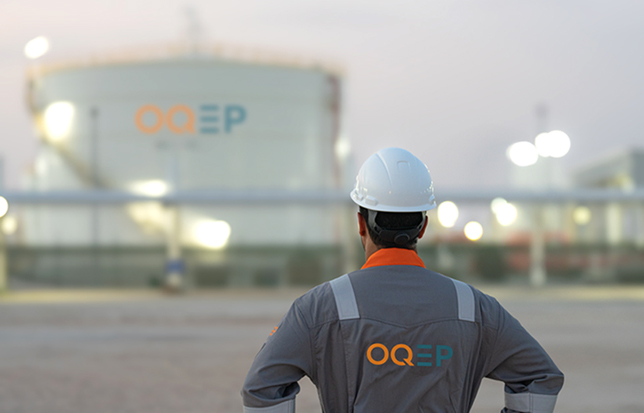

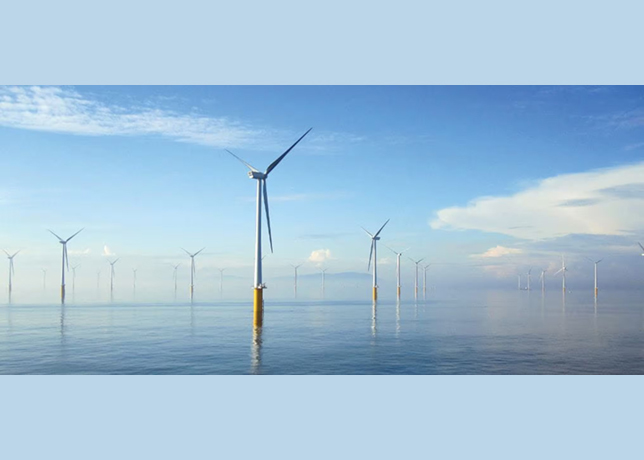
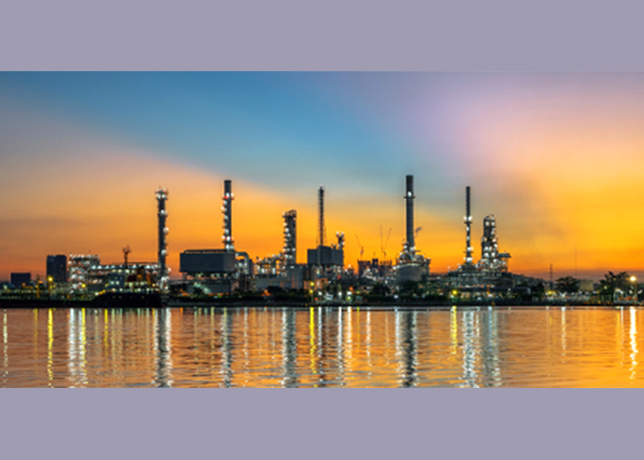




































.jpg)




.jpg)